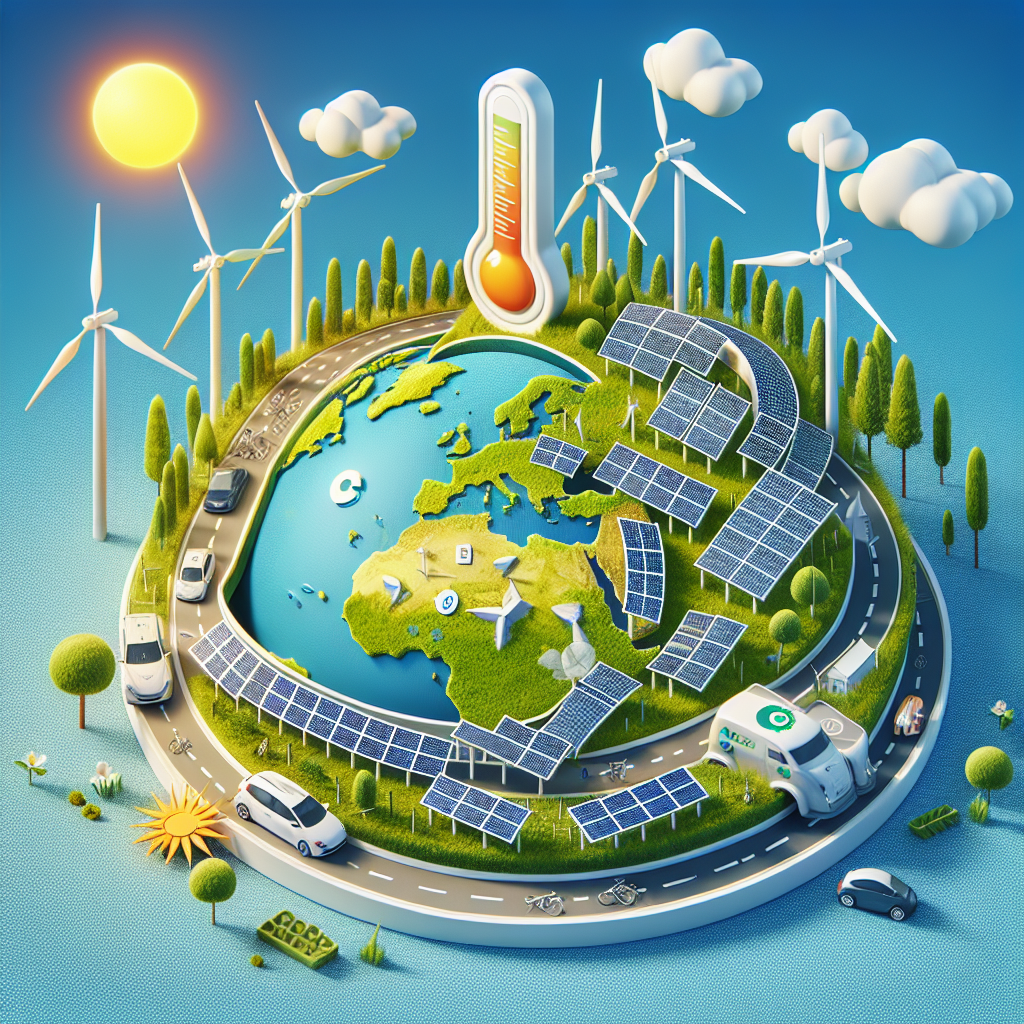EU's Brake Clause: Adapting 2040 Climate Target Amidst CO2 Absorption Concerns
The European Union is contemplating a brake clause to adjust the 2040 climate target if forests underperform in absorbing CO2. This flexibility aims to balance emission goals with economic impacts, seeking approval ahead of COP30. Countries like France suggest reducing the target if necessary due to declining forest absorption.

The European Union is contemplating the introduction of a brake clause to potentially adjust its 2040 climate target. This move comes as concerns grow over the inadequate CO2 absorption by forests, which could compromise the EU's ambitious emission goals.
With the COP30 climate summit approaching, EU climate ministers are racing to finalize the 2040 target at their November 4 meeting. The urgency is heightened by fears of economic repercussions for struggling domestic industries. To address these concerns, the EU is open to modifying the target through various flexibilities, including potential adjustments based on CO2 absorption by land-based activities.
The proposal, highlighted by France's recent 'emergency brake' suggestion, underscores the challenges faced by EU countries. Forest absorption rates have plummeted by nearly 30% in the past decade due to wildfires and poor forest management. The ongoing negotiations reflect a delicate balancing act between ambitious climate goals and practical implementation challenges.









